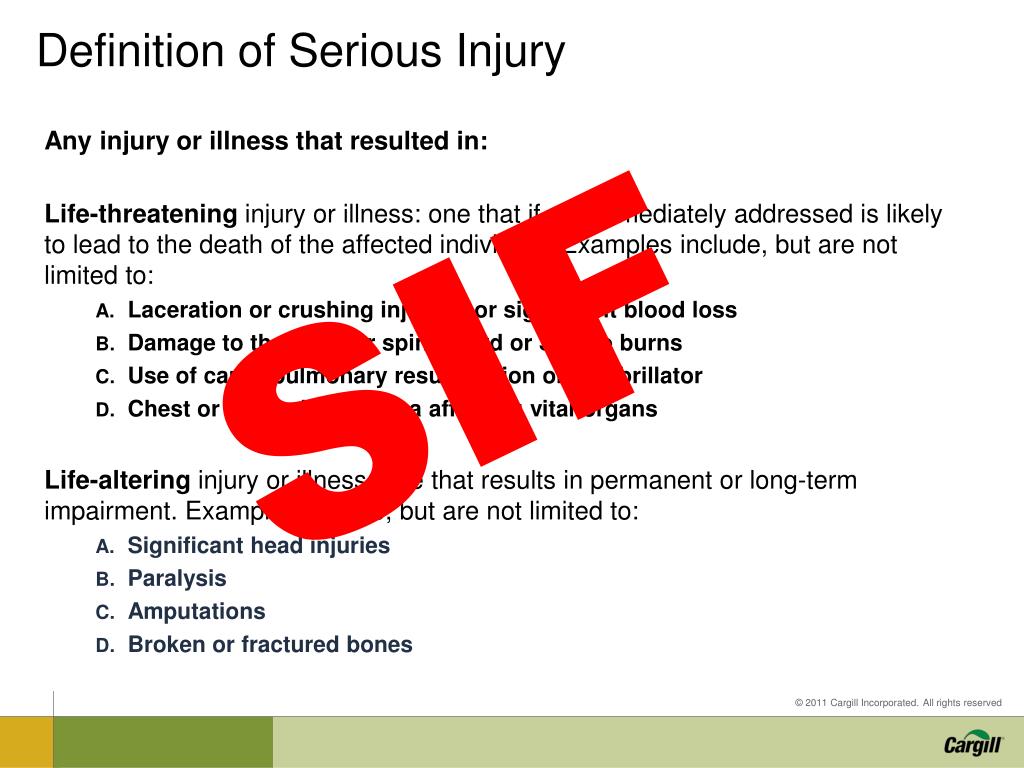
The degree to which a construct is useful and accepted as part of the current paradigm in a scientific community depends on empirical research that has demonstrated that a scientific construct has construct validity (especially, predictive validity). For example, the concepts of motivation in psychology, utility in economics, and gravitational field in physics are constructs they are not directly observable, but instead are tools to describe natural phenomena. A construct is a hypothetical explanatory variable that is not directly observable. The concept of a "construct" has a long history in science it is used in many, if not most, areas of science. Main article: Construct (philosophy of science)

John Dewey followed James in describing a variety of fallacies, including "the philosophic fallacy", "the analytic fallacy", and "the fallacy of definition". I shall hereafter call this the "psychologist’s fallacy" par excellence" (volume 1, p. In a chapter on "The Methods and Snares of Psychology" in The Principles of Psychology, James describes a related fallacy, the psychologist's fallacy, thus: "The great snare of the psychologist is the confusion of his own standpoint with that of the mental fact about which he is making his report. The viciously privative employment of abstract characters and class names is, I am persuaded, one of the great original sins of the rationalistic mind. Abstraction, functioning in this way, becomes a means of arrest far more than a means of advance in thought. Let me give the name of "vicious abstractionism" to a way of using concepts which may be thus described: We conceive a concrete situation by singling out some salient or important feature in it, and classing it under that then, instead of adding to its previous characters all the positive consequences which the new way of conceiving it may bring, we proceed to use our concept privatively reducing the originally rich phenomenon to the naked suggestions of that name abstractly taken, treating it as a case of "nothing but" that concept, and acting as if all the other characters from out of which the concept is abstracted were expunged. William James used the notion of "vicious abstractionism" and "vicious intellectualism" in various places, especially to criticize Immanuel Kant's and Georg Wilhelm Friedrich Hegel's idealistic philosophies. Accordingly, the real error is an example of what I have termed: The Fallacy of Misplaced Concreteness. I hold that by a process of constructive abstraction we can arrive at abstractions which are the simply located bits of material, and at other abstractions which are the minds included in the scientific scheme.

apart from any essential reference of the relations of bit of matter to other regions of space there is no element whatever which possesses this character of simple location.

He rejects the notion that a concrete physical object in the universe can be ascribed a simple spatial or temporal extension, that is, without reference to its relations to other spatial or temporal extensions. '" Whitehead proposed the fallacy in a discussion of the relation of spatial and temporal location of objects. It is an example of what might be called the 'Fallacy of Misplaced Concreteness. Fallacy of misplaced concreteness Īccording to Alfred North Whitehead, one commits the fallacy of misplaced concreteness when one mistakes an abstract belief, opinion, or concept about the way things are for a physical or "concrete" reality: "There is an error but it is merely the accidental error of mistaking the abstract for the concrete. Reification may derive from an inborn tendency to simplify experience by assuming constancy as much as possible. Reification takes place when natural or social processes are misunderstood or simplified for example, when human creations are described as "facts of nature, results of cosmic laws, or manifestations of divine will". Thus reification can be loosely translated as "thing-making" the turning of something abstract into a concrete thing or object. From Latin res ("thing") and - fication, a suffix related to facere ("to make").


 0 kommentar(er)
0 kommentar(er)
